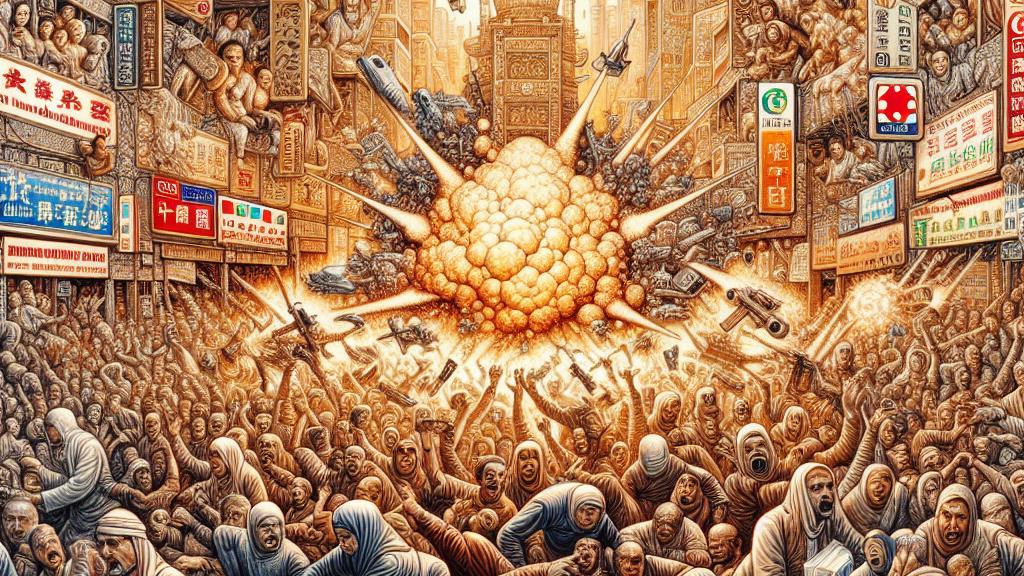Gold Apollo Involved in Exploding Pager Incident in Lebanon and Syria
Overview
- A shocking series of pager explosions in Lebanon and Syria, linked to devices branded by Gold Apollo, resulted in tragic loss of life and countless injuries.
- Hezbollah has accused Israel of orchestrating a precise remote attack, escalating an already tense situation in the region.
- Gold Apollo claims it merely licensed its brand, asserting a clear separation from the manufacturing of these dangerous devices.

Incident Overview
On September 17, 2024, an unsettling event unfolded as handheld pagers used by Hezbollah members exploded across Lebanon and Syria, creating chaos and devastation. This unprecedented series of blasts resulted in at least nine deaths and more than 3,000 injuries, shocking civilians and authorities alike. The explosions occurred without warning in crowded markets and urban areas, prompting panic as people rushed to find safety. Gold Apollo, a Taiwanese company, admitted to licensing its brand for these pagers but stressed that they were manufactured by BAC Consulting, a company based in Budapest. This distinction raises critical questions about the implications of brand licensing and accountability in international business dealings, especially in sensitive conflict zones.
Hezbollah's Response and Regional Impact
In the aftermath of the explosions, Hezbollah wasted no time in pinning the blame squarely on Israel, decrying the incident as a calculated act of aggression. Notably, the pagers had been vital for Hezbollah operations, used to ensure secure communications in a risky environment. Among the casualties was a young child, underscoring the tragic toll this event took on innocent lives. Witnesses recount the terrifying moments as ambulances flooded hospitals and families anxiously searched for loved ones. Hezbollah leaders vowed to retaliate, intensifying fears of renewed violence in a region already fraught with tension. With ongoing skirmishes along the Israel-Lebanon border, this latest incident paints a grim portrait of the continuous cycle of hostility and conflict that deeply affects everyday lives.
Investigation and Broader Implications
As investigations proceed, Gold Apollo has been vocal in affirming its lack of involvement in the manufacturing of the explosives. They emphasize that their name was simply licensed and not directly associated with this tragic event. Meanwhile, allegations surfaces suggesting that Israeli intelligence may have infiltrated the supply chains, potentially planting explosives within the pagers long before the attack. This raises significant concerns about the security protocols for communication technologies in warfare, which are crucial for numerous groups in conflict zones. The consequences of this incident extend beyond just the immediate tragedy—it serves as a stark reminder of the destructive potential of high-tech devices when misused. As both Hezbollah and Israel navigate this perilous landscape, the urgent need for enhanced oversight, accountability, and ethical standards in technology becomes increasingly apparent.

Loading...